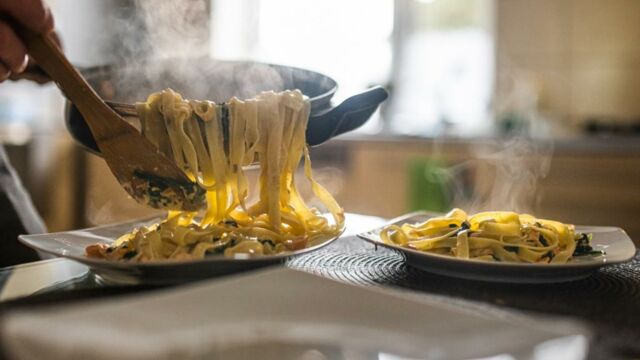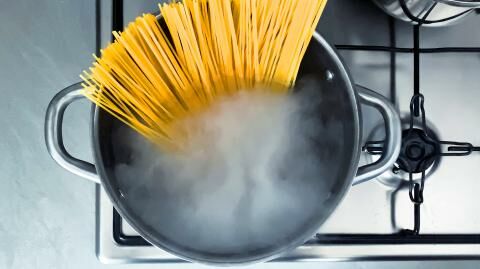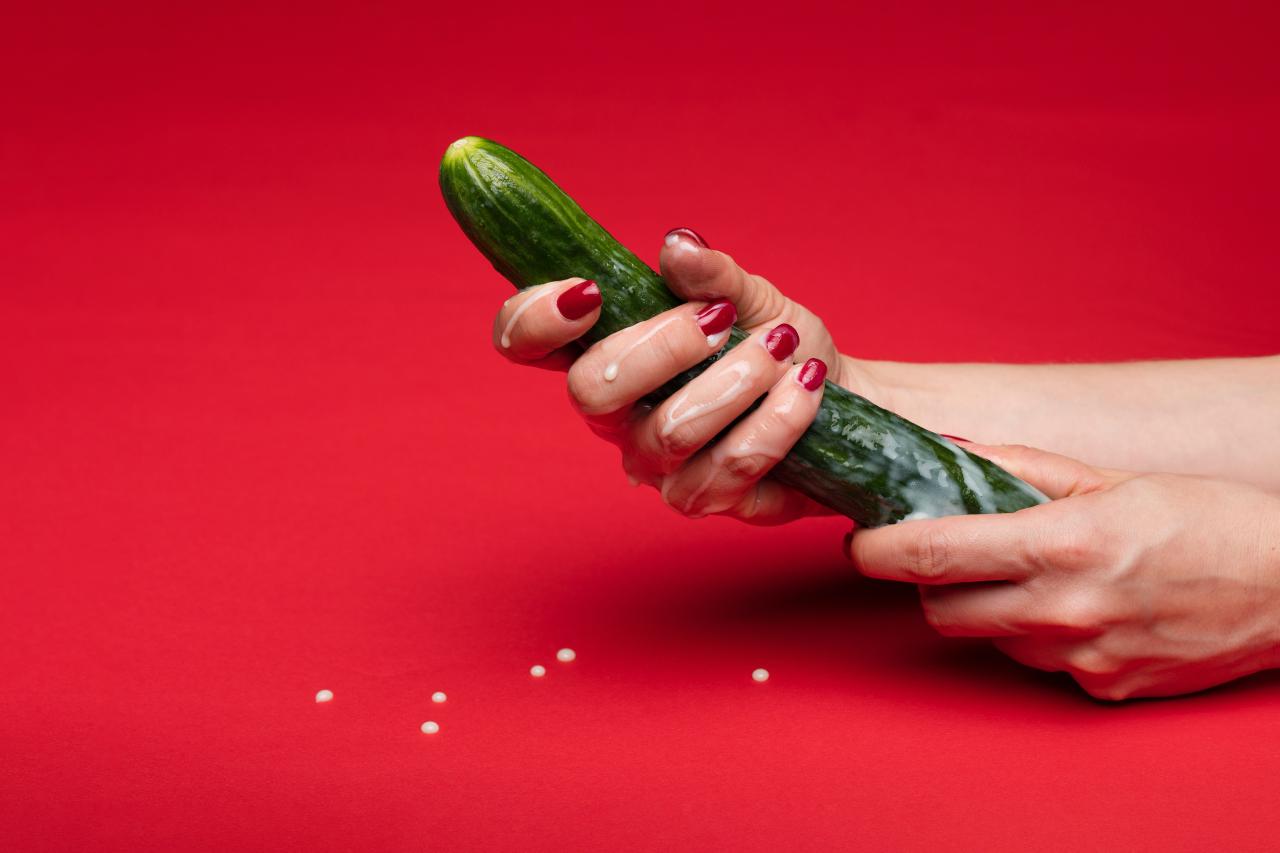When you are short of time or lack the motivation to cook elaborate dishes, pasta is always a good alternative. Quick to cook and easy to add to any meal, pasta is the best way to get some food quickly and easily. But sometimes, when you cook it or drain it, it tends to stick. How can you avoid that? Here are 3 simple tips to succeed every time.
Discover our latest podcast
Cook the pasta in a larger pan
If you cook pasta for six servings in a small pan, it increases the risk of stickiness. To avoid this, choose a much larger pan, so that the pasta has enough room to separate and float without being crowded.
The more space they have, the less likely they are to create a mass that is difficult to separate. Just be careful not to put too much water in the pan so that it doesn't overflow when boiling.
Do not cook them for too long
In general, it takes between 4 and 15 minutes to cook pasta thoroughly, depending on the type of pasta. For example, fresh pasta or macaroni will take less time to cook than spaghetti or farfalle.
If you want to eat it al dente, feel free to stick a fork in from time to time and taste to see if the consistency is right for you. However, if you exceed this average cooking time, you will have a pasta that is all mushy and sticky. Just keep an eye on the pan to prevent this from happening.
Do not let it sit in the strainer
Not before draining, not before mixing. This is the motto you must learn by heart if you want to prevent the pasta from sticking together. This is because pasta contains and releases starch during cooking. This starch allows the sauce to adhere better to the pasta, but it is also the reason why pasta tends to stick.
If you let them cool in the colander, this is exactly what will happen! So remember to drain them for a few seconds before tossing them in the sauce of your choice. And if you don't want to eat them right away or want to keep some in the fridge, coat them with a drizzle of olive oil or a knob of butter before storing them in an airtight box.















